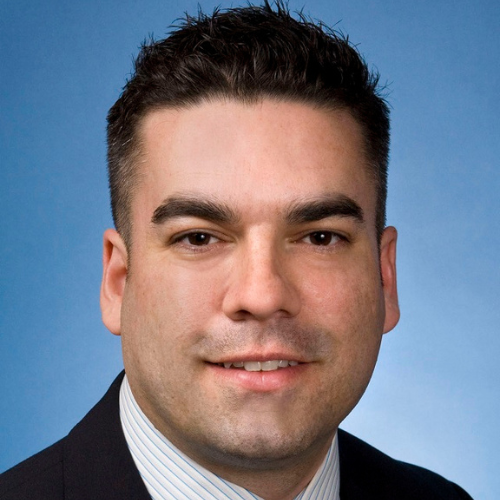Noise can adversely affect human health and quality of life
In an opinion piece published in The Hill, distinguished professor Dr. Jonathan Fielding, discusses health risks that ensue from noise exposure.
There’s a serious public health threat that most Americans are exposed to every day. According to the World Health Organization, the health effects of even short-term exposure include sleep disturbance, stress and anxiety, while long-term impacts include increased risk of ischemic heart disease, cognitive impairment among children, stress-related mental health risks and tinnitus (chronic ringing in the ears).
It’s not a contagious disease nor the result of unhealthy diet or lack of exercise. The problem is noise and its twin challenges are whether we can reduce it at the source while minimizing the degree to which it adversely affects human health and quality of life.
Last month’s New Yorker called noise pollution the “next big public health crisis,” an opinion supported by astonishing numbers. The Centers for Disease Control and Prevention (CDC) finds that hearing loss from all causes (age, disease, noise damage, etc.) is now the third most common chronic health condition, after diabetes and cancer, while the National Institute on Deafness and Other Communication Disorders reports that approximately one-third of people between 65 and 74 in the U.S. has hearing loss and nearly half of those older than 75 have difficulty hearing.
Faculty Referenced by this Article
Nationally recognized health services researcher and sociomedical scientist with 25+ years' experience in effectiveness and implementation research.

Dr. Michelle S. Keller is a health services researcher whose research focuses on the use and prescribing of high-risk medications.

Professor of Community Health Sciences & Health Policy and Management, and Associate Dean for Research

Dr. Ron Andersen is the Wasserman Professor Emeritus in the UCLA Departments of Health Policy and Management.

EMPH Academic Program Director with expertise in healthcare marketing, finance, and reproductive health policy, teaching in the EMPH, MPH, MHA program











































































